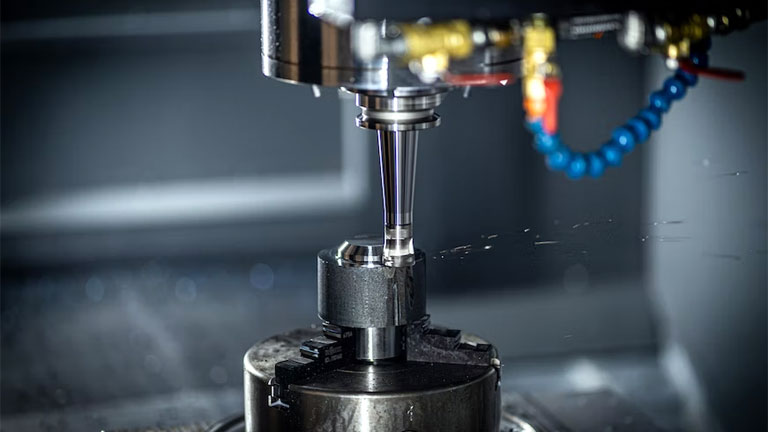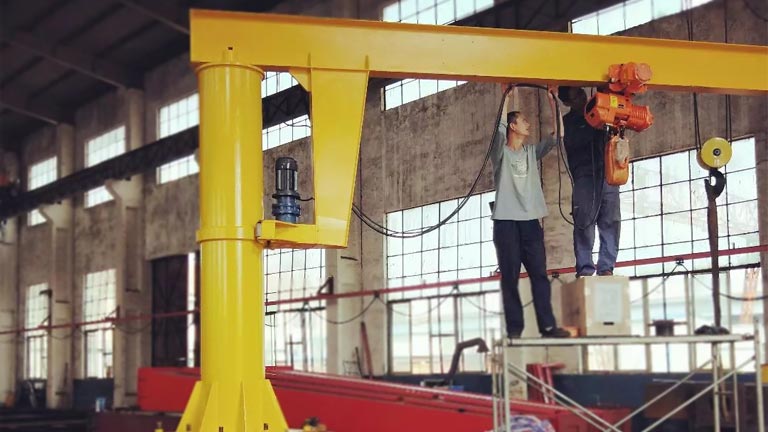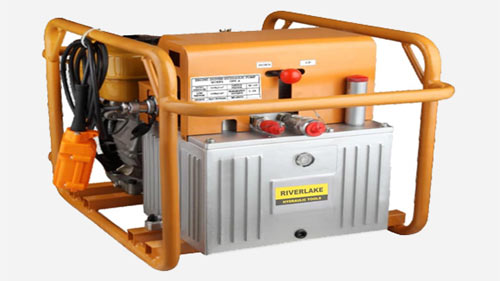
Post-Pandemic manufacturing has drastically changed the industry. More than ever companies are integrating innovative business models to keep up with changing demands and disruption. And most importantly digitization is causing manufacturers to reinvent supply chains to fully improve operational efficiency. The following are five of the most important changes occurring within the manufacturing industry.
Automation isn’t going anywhere
Robots are not only becoming more flexible, but they are also getting easier to program and run. Machine shops are looking to invest in equipment such as tool presets, and automatic tool changers. Lights-out machining is enabling shops to run more efficiently and cost-effective. With new technology, less and less human interaction is needed to carry out the machining process.
Precision manufacturing companies will continue to shed jobs during 2023. At the same time, manufacturing output will rise as it has been estimated to increase by 2.4% over the past decade, along with the fact that companies are looking to ramp up production post-pandemic and decrease risk in the manufacturing process.
Pieces of precision machinery are increasing in flexibility
While part-volume requirements for production shops are still high, the ability to easily switch over to different jobs is becoming increasingly important. It was clear at IMTS 2023 That manufacturers/suppliers of high-production machining equipment have recognized this need and are modifying machine designs accordingly to be more versatile.
Hardware improvement is a thing of the past.
For the most part, it seems that machining tools have hit their limit in terms of material removal efficiency along with spindle and table speed. However, this has machine shops looking into software advances to boost overall process efficiencies. More capable and intuitive software is becoming a major part of this. But so is the ability to more easily pull data from machines, enable more adaptive machining, and perform better process analysis reports.
Full-service manufacturing is rapidly increasing in popularity.
Now in days, precision machining shops are increasing their in-house capabilities to fully satisfy their customer’s needs. This has many interested in processes and equipment that will allow precision manufacturers to machine, finish, clean, assemble, package, and possibly manage customer inventory. Not only is this easier for manufacturers but it is also a better experience for customers as this will allow a single shop to take on and execute all of their needs faster than ever before.
Limiting global greenhouse emissions
Climate change has become a serious matter for the manufacturing industry. Manufacturing accounts for around 1/3 of global greenhouse emissions, driving precision manufacturing companies to alter their operations model to fit low-carbon manufacturing systems. Another key component of improving sustainability within the manufacturing workplace is reverting to digitalization. Reverting to online platforms reduces both paper and costs, making it a perfect greener solution.
Governments are also making efforts towards sustainability, investing trillions of dollars into combating climate change. New policies will require changes to the end-to-end manufacturing operations, from designing and delivering products to factory models.




